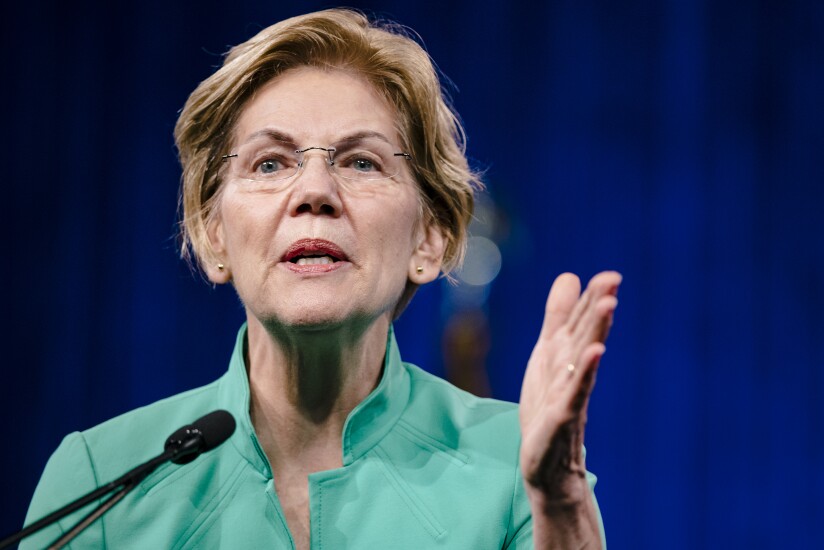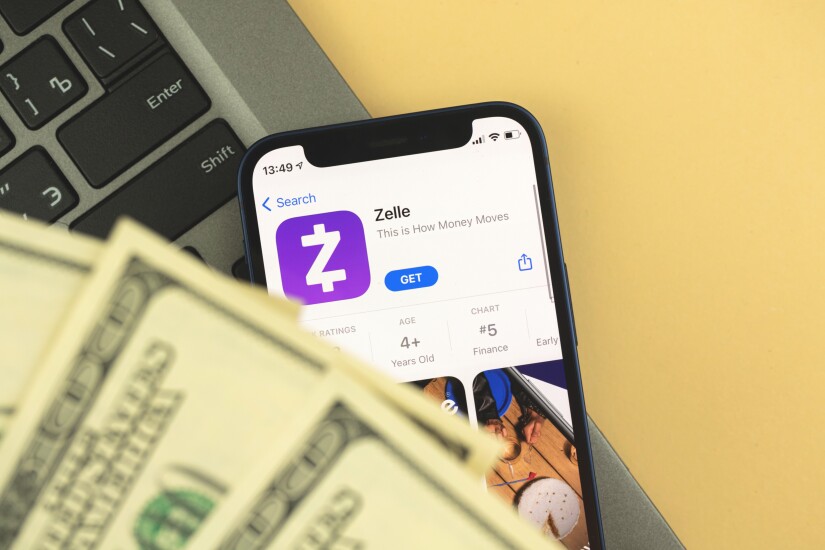Early Warning Services' Zelle has grown exponentially since its launch five years ago, as the ecosystem supporting its instant peer-to-peer payments network continues to expand beyond the seven banks that own it. More than 1,800 U.S. banks and credit unions — covering about 80% of all U.S bank accounts — now directly support Zelle via their own mobile apps.
Fraudsters took notice, inventing new ways to trick consumers into using Zelle's seamless approach to route payments to them, triggering a wave of class actions from consumers who lost money in seemingly credible scams. Lawmakers are now demanding answers from Zelle.
Although banks aren't technically liable for fraud associated with Zelle payments users directly authorized, Early Warning recently responded to rising pressure from consumers and their advocates, and began discussing a plan to standardize refunds for so-called user-authorized scams to stave off action by regulators.
Early Warning insists total fraud rates are less than 1% of its skyrocketing payment volume, and as momentum increases, some banks are said to be contemplating Zelle as a point-of-sale option for everyday purchases.










